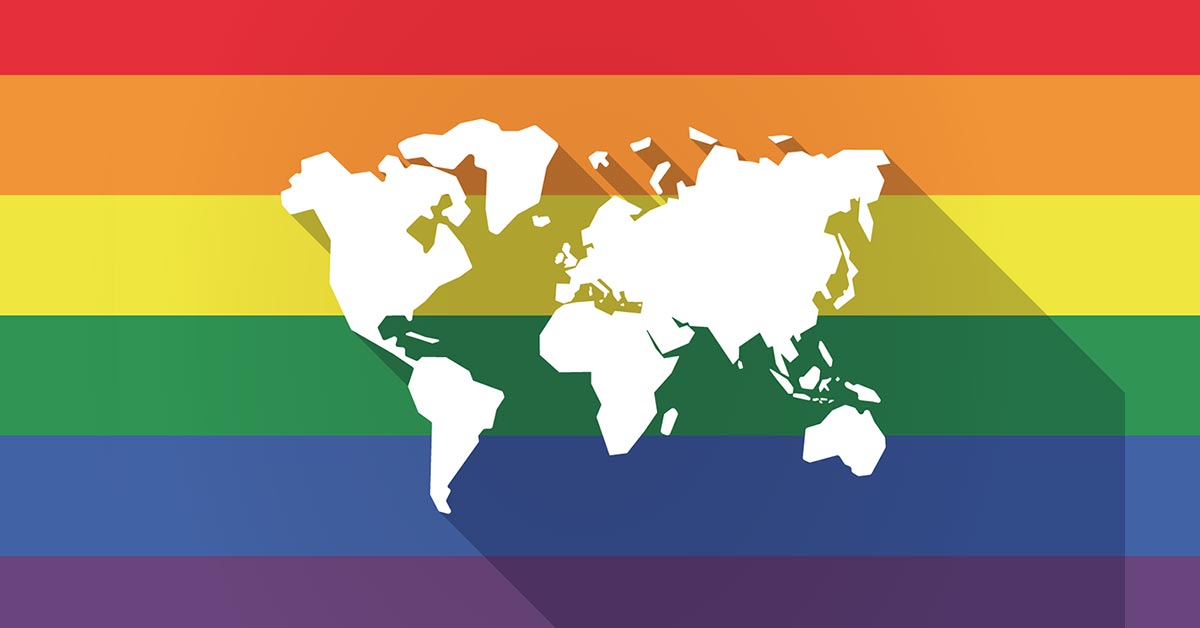World’s most LGBTI-accepting countries revealed

Researchers have revealed the countries that are most accepting of LGBTI people. Surprisingly, South Africa is not the highest-ranked African country on the list.
The report by the Williams Institute at UCLA School of Law analyses survey data from 175 different countries and locations to produce the Global Acceptance Index, a measure of the relative level of social acceptance of LGBTI people and rights in each country.
“Understanding acceptance and rejection of LGBTI people lies at the heart of understanding violence, discrimination, and the multitude of negative consequences arising from exclusion and unfair treatment,” said the authors.
The index, which found that the average global level of acceptance has increased since 1980, ranked Iceland, Norway, the Netherlands, Sweden, and Canada as the most accepting countries.
South Africa, the only African country to legalise same-sex marriage and constitutionally protect LGBTI people from discrimination, was ranked as the 37th most accepting country in the world, just below the Philippines and above the Czech Republic. The most accepting African country on the list, however, is Cape Verde (30th place).
Nevertheless, South Africa ranked higher than nations like Thailand (40), Israel (44), Greece (49), India (51), Japan (53) and China (100).
The report noted that 56 of 175 countries and locations experienced increases in acceptance since 1980, 57 experienced a decline, and 62 countries and locations experienced no change.
Worryingly, while the most accepting countries have experienced increased levels of acceptance, the least accepting countries have experienced decreased levels of acceptance over time. The five least accepting nations on the list are Ethiopia, Somaliland, Zimbabwe, Tajikistan and Azerbaijan. Zimbabwe has shown a consistent decline in acceptance since 1980.
Brazil, Canada, Great Britain, and the United States have all increased their acceptance of LGBTI people and rights. According to the report, South Africa saw a steady increase in acceptance from 1980 to 2020.
“Sexual and gender minorities all over the world are heavily impacted by the attitudes and beliefs of those around them,” said the authors. “Low levels of acceptance are tied to bullying and violence, physical and mental health problems, discrimination in employment, and underrepresentation in positions of civic leadership. Additionally, exclusion can result in lower levels of workforce productivity and decreased business profits.”
Download the full report here.
Leave a Reply